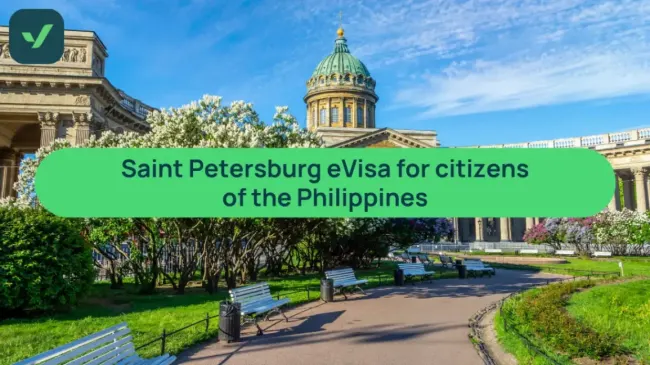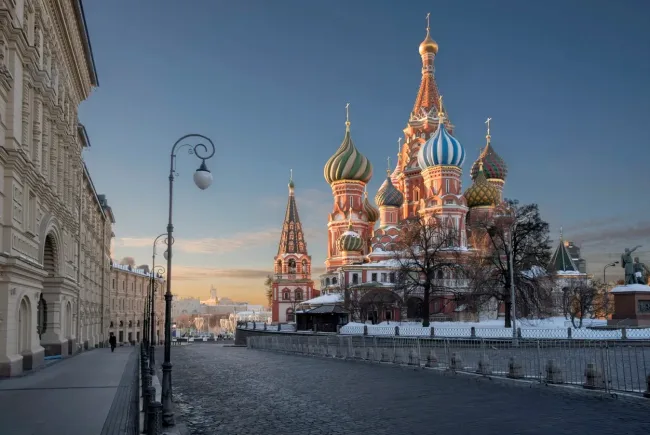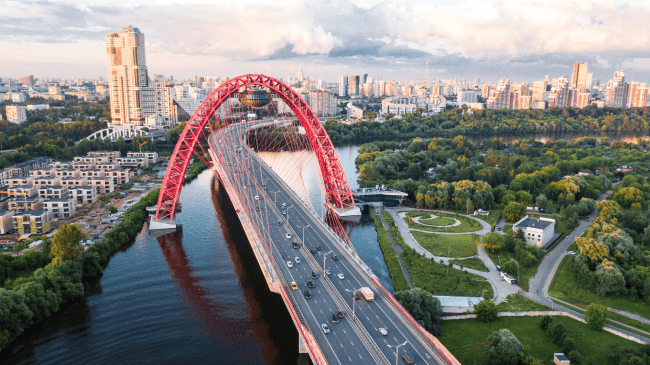
Russia
Welcome to Russia
Traveling to Russia? You may need a visa – find out if you do, which type, and how to apply so you can get the paperwork out of the way and focus on your trip.
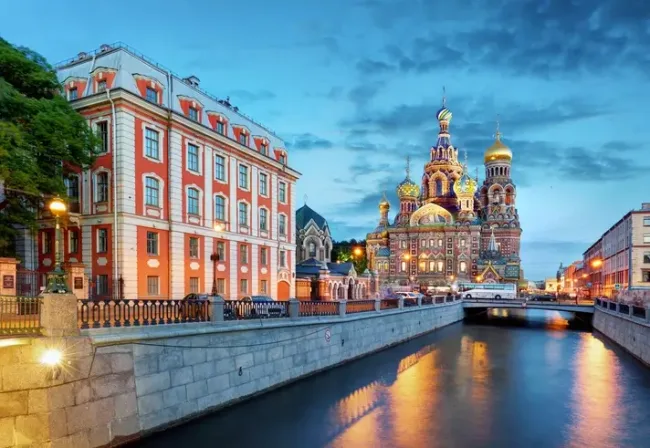
What’s a Russia eVisa and who’s it for?
Who’s the Russia eVisa for?
Travelers from over 50 foreign countries can apply for this visa to visit Russia. These include European, Korean, Mexican, Omani, Saudi Arabian, Singaporean, Turkish, Chinese, Iranian, Japanese, and Indian passport holders. Are you from another country? Find out if you can apply for this visa using our handy Visa Checker Tool.
Who’s not eligible for the Russia eVisa?
-
Those with visa-free access to Russia or those who require an embassy visa instead. Use our Visa Checker Tool for more info.
-
Travelers on a cruise or ship entering and staying in Russia for up to 72 hours.
-
Holders of diplomatic, service, official, and special passports from several countries.
-
Business travelers holding an APEC Business Travel Card.
What’s the purpose of a Russia eVisa?
Tourism and private business trips only. This Russian Visa authorizes you to enter the country only via certain air, sea, or land border crossing points.
How long can you stay with a Russia eVisa?
This is a Single entry travel document, and the max. allowed stay is 16 days in total. Note that you must use the visa within 60 days after issuance. Also, keep in mind that your arrival and departure dates will be counted as two days.
What’s a Russia Tourist Visa and who’s it for?
Who’s the Russia Tourist Visa for?
Travelers who aren’t eligible for an eVisa or don’t have visa-free access to Russia must apply for this visa at the Russian Embassy or Consulate in their home country.
What’s the purpose of a Russia Tourist Visa?
Tourism, business, and visiting friends or family.
How long can you stay with a Russia Tourist Visa? Choose from the following validity options:
-
Russia Tourist Visa - Single-Entry: With this visa, you can visit the country once for a stay of up to 30 days. Only citizens of the United States can get Russian visas for stays of up to 90 days.
-
Russia Tourist Visa - Multiple-Entry: With multiple-entry visas, you can visit the country multiple times within 90 days, for stays of up to 14 days each time.
Learn more about the Russia Tourist Visa
What’s a Russia Tourist Invitation Letter and who’s it for?
Who’s the Russia Tourist Invitation Letter for?
All nationalities who need a Russian Tourist Visa to travel to Russia will also need the Invitation Letter.
What’s the purpose of a Russia Tourist Invitation Letter? The Russian Invitation Letter is a requirement if you want to obtain a Russian Tourist Visa.
Note that the invitation letter is not a visa, it’s part of the required documents to get the Tourist Visa.
How long can you stay with a Russia Tourist Invitation Letter?
The validity and max. allowed stay is determined by your visa instead. Every time you apply for the Tourist Visa, you must get a new invitation letter that matches your travel dates and details of your trip.
What’s a Russia Business Invitation Letter and who’s it for?
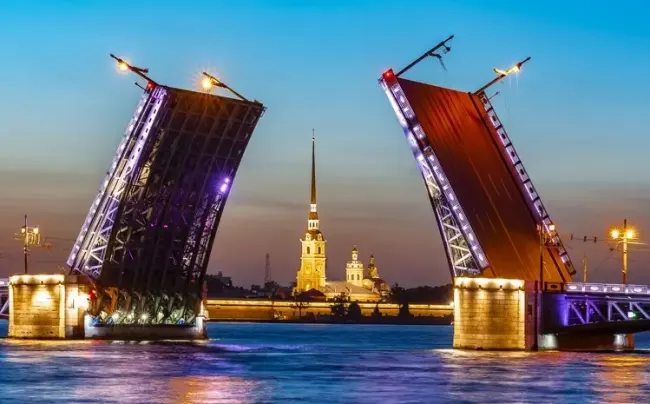
Who’s the Russia Business Invitation Letter for?
All business travelers who need a Russian Visa to visit the country will also need the Business Invitation Letter.
What’s the purpose of a Russia Business Invitation Letter?
The Russian Business Invitation Letter is a requirement if you want to obtain a Russian Visa.
Note that the invitation letter is not a visa, it’s part of the required documents to get a business visa.
How long can you stay with a Russia Business Invitation Letter?
The validity and max. allowed stay is determined by your visa instead. Every time you apply for a visa, you must get a new invitation letter that matches your travel dates and details of your trip.
What are Russia’s long-term visa options?
Russia offers several long-term visa options for various purposes, such as employment, study, business, and residence. Here are some of the common long-term visas:
-
Group Tourist Visa: For organized groups (minimum 5 people), valid for up to 1 month.
-
Educational Visa: For studying in Russia, valid for up to 1 year.
-
Working Visa: For employment purposes, linked to the length of your contract but not more than 1 year.
-
Humanitarian Visa: For cultural, religious, or humanitarian visits, valid for up to 1 year, extendable to 5 years in some cases.
-
Entry Visa: For seeking shelter, temporary residence, or Russian citizenship, varying durations up to 1 year.
-
Diplomatic Visa: For foreign dignitaries and officials with diplomatic passports, valid for up to 1 year.
-
Service Visa: For foreign officials and military personnel on official duties, valid for up to 1 year, extendable to 5 years for certain military staff.
-
Transit Visa: For passing through Russia, valid for up to 10 days.
-
Temporary Living Visa: For those granted temporary residence, valid for 4 months.
Each type of visa has specific requirements and conditions, so it's important to check which one you require for your trip.
At iVisa, we currently don’t offer these visas, but you can find out more from the nearest Russian Embassy or Consulate.
Staying healthy in Russia: Here’s what you need to know
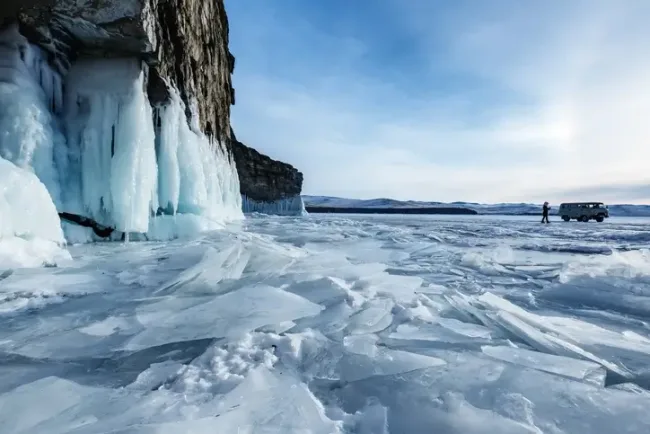
Traveling to Russia requires some preparation, especially in terms of health and safety. Here's what travelers should know.
Make sure to stay updated on routine vaccines
-
Ensure that routine vaccines like MMR, diphtheria-tetanus-pertussis, varicella, polio, and your yearly flu shot are up to date.
-
Hepatitis A and typhoid vaccines are often recommended for most travelers to Russia. Depending on your activities, you may also need hepatitis B, rabies, and Japanese encephalitis vaccines.
-
Keep updated with Russia's COVID-19 requirements, such as quarantine, testing, or vaccine certificates, through your airline or the Russian government website.
Medical facilities
-
In major cities like Moscow and St. Petersburg, healthcare facilities are generally good, with well-trained staff. However, in remote areas, medical facilities can be less advanced.
-
Private clinics in cities offer high standards of care but can be expensive. It's advisable to have comprehensive health insurance that covers medical expenses and evacuation.
-
Not all staff may speak English, especially in public hospitals or rural areas.
Health insurance
We’d always recommend taking out health insurance before you travel anywhere from any destination.
Contact your insurance provider before traveling to ensure you have the right level of coverage.
Other things to consider:
-
Trip cancellation, delay, and interruption benefits.
-
Medical expenses and medical evacuation benefits.
-
Baggage coverage.
Things to be aware of when visiting Russia
Keep an extra eye on the following to keep healthy and safe during your trip to Russia:
1. Tick-borne encephalitis: Prevalent in forested areas, especially from spring to early autumn. Consider vaccination if you plan to spend a lot of time outdoors.
2. Water quality: Tap water is not always potable. Use bottled or boiled water for drinking and brushing your teeth.
3. Air quality: In some cities, air pollution can be a concern, especially for those with respiratory conditions.
Medication for personal use
Follow these tips to bring into Russia some over-the-counter medicines:
-
Declare all medications: Report all medication for personal use to customs authorities.
-
Original packaging: Always keep medicines in their original containers and in transparent bags in your hand luggage.
-
Prescription or doctor's letter: Present the medical prescription issued by your doctor or other competent authority in English.
-
Check for restrictions: Call Russia's embassy to verify that all of your prescription(s) are legal to bring with you.
-
Quantity aligned with itinerary: Bring only a reasonable quantity that aligns with the duration of your stay to avoid complications.

 Australia ETA Online
Australia ETA Online
 United Kingdom ETA
United Kingdom ETA
 India Tourist eVisa
India Tourist eVisa
 Canada ETA Visa
Canada ETA Visa
 Turkey eVisa
Turkey eVisa
 Egypt eVisa
Egypt eVisa
 Singapore SG Arrival Card
Singapore SG Arrival Card
 Indonesia eVoa Visa
Indonesia eVoa Visa
 Aruba ED Card
Aruba ED Card
